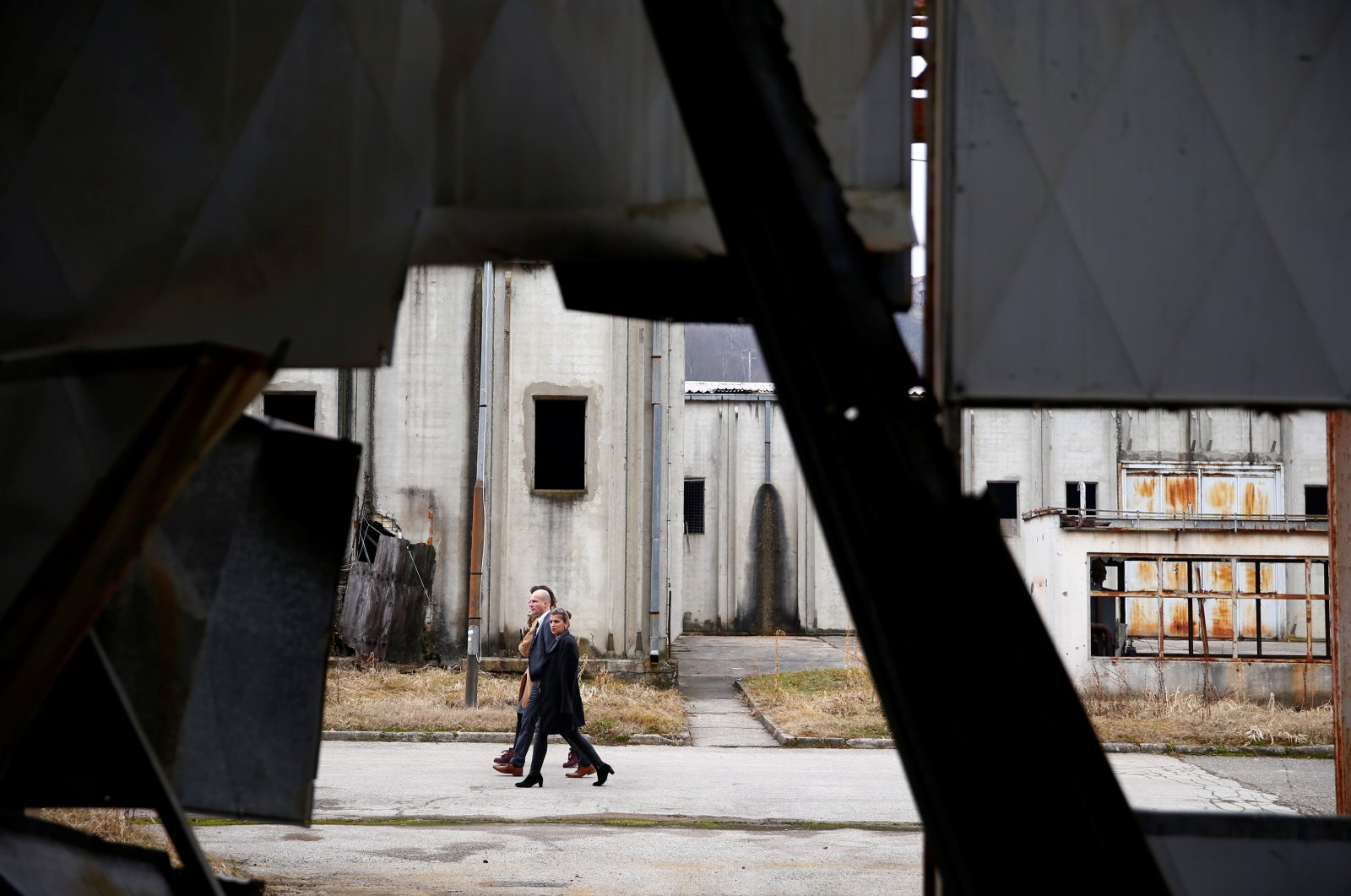
The Netherlands will deploy 160 troops to Bosnia-Herzegovina as part of the European Union Peacekeeping Mission (EUFOR Althea) in the country, according to a statement released Thursday.
A joint statement from the Dutch Defense and Foreign Ministry said that 150 soldiers will be sent to EUFOR Althea in October, and 10 soldiers will go to gather intelligence in the region in June.
The soldiers are expected to serve for a year, while the intelligence officers will stay for two years.
The decision came from the Council of Ministers under the pretext that Russia and China are attempting to increase their influence in Bosnia and Herzegovina.
The statement added that the importance of EUFOR Althea has increased manifold since the beginning of the war in Ukraine.
Operation Althea, formally EUFOR, is a military deployment in Bosnia-Herzegovina that was established in 2004 to oversee the military implementation of the Dayton peace agreement and ensure security in the country.
Last year, the Netherlands expressed its "deepest apologies" to the people of Srebrenica, the 27th anniversary of the worst genocide since World War II, accepting responsibility for the Dutch peacekeeping forces' failure to intervene for the first time since the massacre.
"The international community failed to offer adequate protection to the people of Srebrenica. The Dutch government shares responsibility for the situation in which that failure occurred. And for this, we offer our deepest apologies," Dutch Defense Minister Kasja Ollongren said during a ceremony in Potocari, Bosnia-Herzegovina.
The Balkan wars broke out in the 1990s as Yugoslavia disintegrated, eventually breaking up into about a half dozen new countries. Some of the worst fightings was in Bosnia-Herzegovina, as ethnic Serb forces fought with Muslim and ethnic Croat forces for control of territory.
In the summer of 1995, Dutch forces under United Nations command were supposed to defend the population of the largely Muslim town of Srebrenica but they put up no resistance on July 11 of that year when ethnic Serb forces under the command of Ratko Mladic stormed the city.
The ethnic Serb forces killed about 8,000 Muslim men and boys, in what is widely considered the worst genocidal incident in Europe since the end of World War II.
